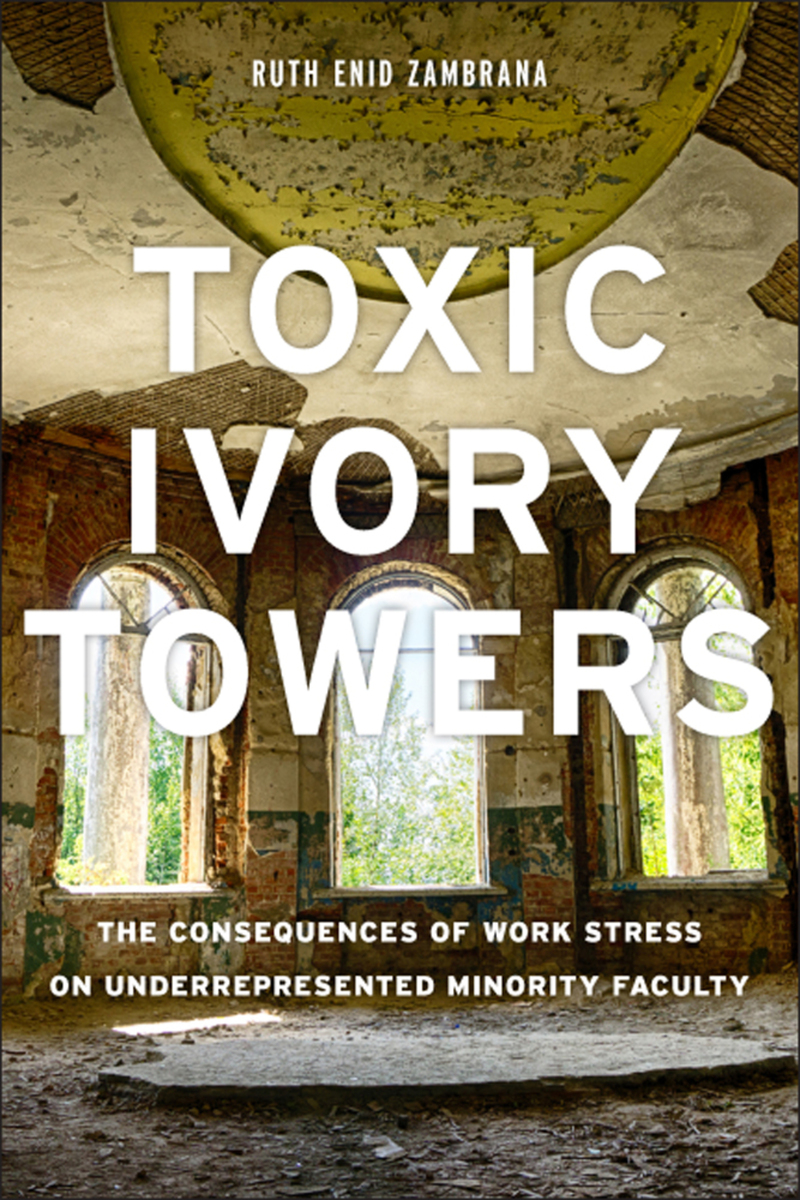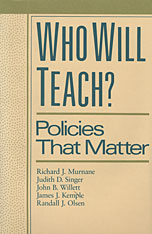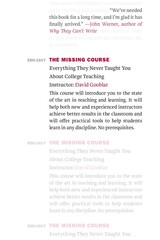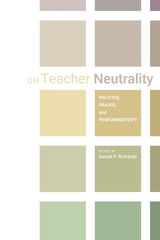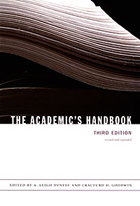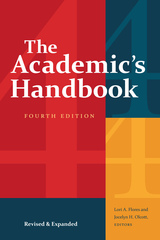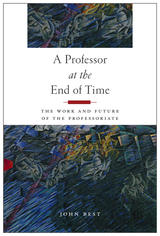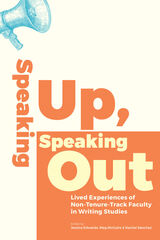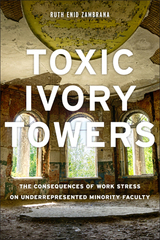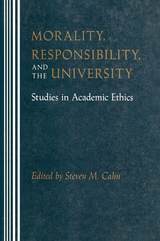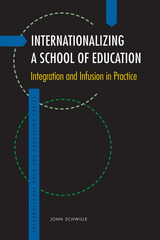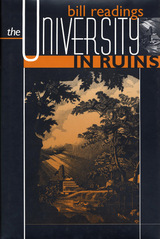Toxic Ivory Towers: The Consequences of Work Stress on Underrepresented Minority Faculty
Rutgers University Press, 2018
eISBN: 978-0-8135-9299-2 | Paper: 978-0-8135-9297-8 | Cloth: 978-0-8135-9298-5
Library of Congress Classification LB1778.2.Z35 2018
Dewey Decimal Classification 378.120973
eISBN: 978-0-8135-9299-2 | Paper: 978-0-8135-9297-8 | Cloth: 978-0-8135-9298-5
Library of Congress Classification LB1778.2.Z35 2018
Dewey Decimal Classification 378.120973
ABOUT THIS BOOK | AUTHOR BIOGRAPHY | REVIEWS | TOC
ABOUT THIS BOOK
Toxic Ivory Towers seeks to document the professional work experiences of underrepresented minority (URM) faculty in U.S. higher education, and simultaneously address the social and economic inequalities in their life course trajectory. Ruth Enid Zambrana finds that despite the changing demographics of the nation, the percentages of Black and Hispanic faculty have increased only slightly, while the percentages obtaining tenure and earning promotion to full professor have remained relatively stagnant. Toxic Ivory Towers is the first book to take a look at the institutional factors impacting the ability of URM faculty to be successful at their jobs, and to flourish in academia. The book captures not only how various dimensions of identity inequality are expressed in the academy and how these social statuses influence the health and well-being of URM faculty, but also how institutional policies and practices can be used to transform the culture of an institution to increase rates of retention and promotion so URM faculty can thrive.
See other books on: Consequences | Cultural Psychology | Faculty | Social Classes & Economic Disparity | Universities and colleges
See other titles from Rutgers University Press
